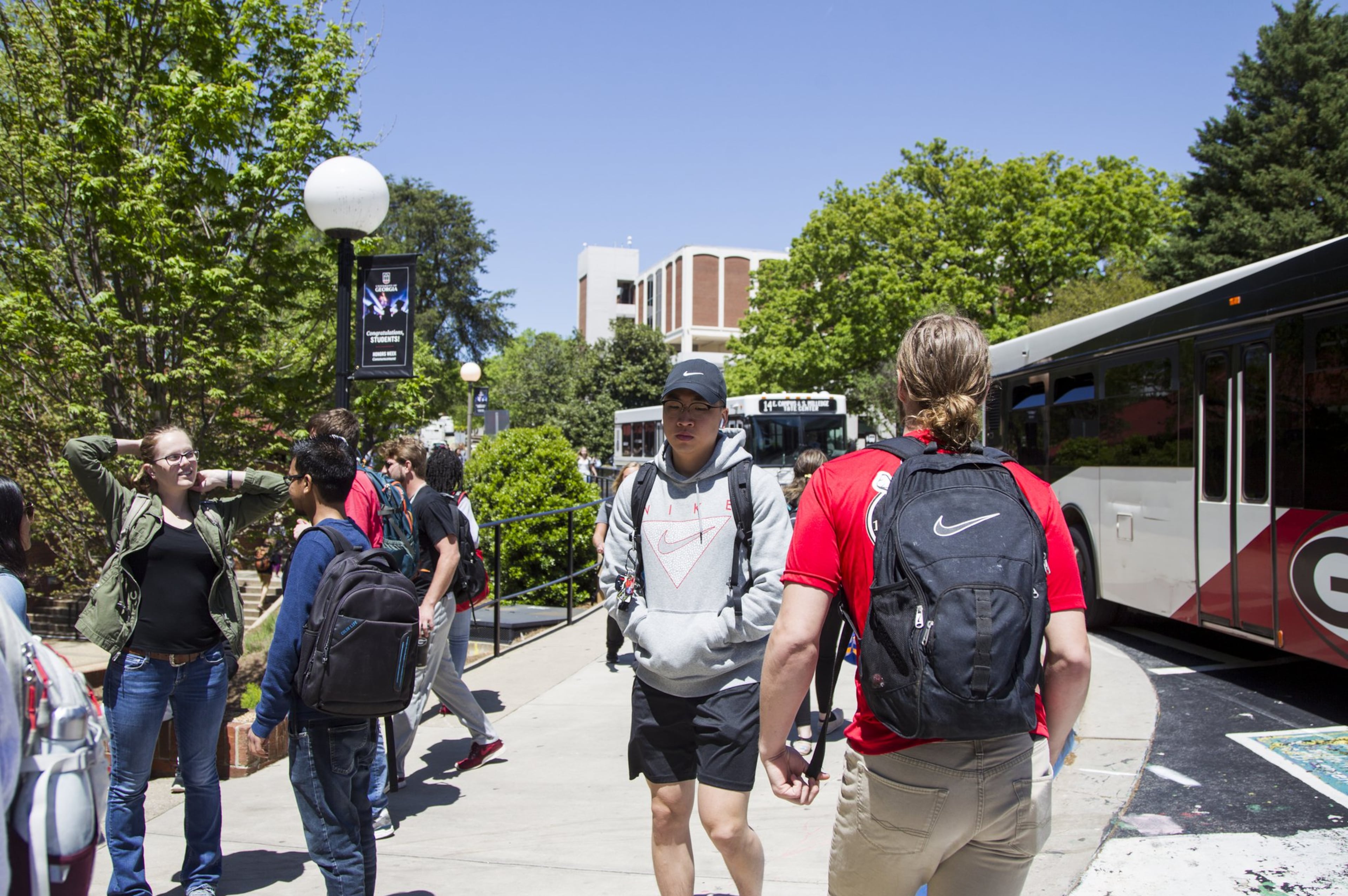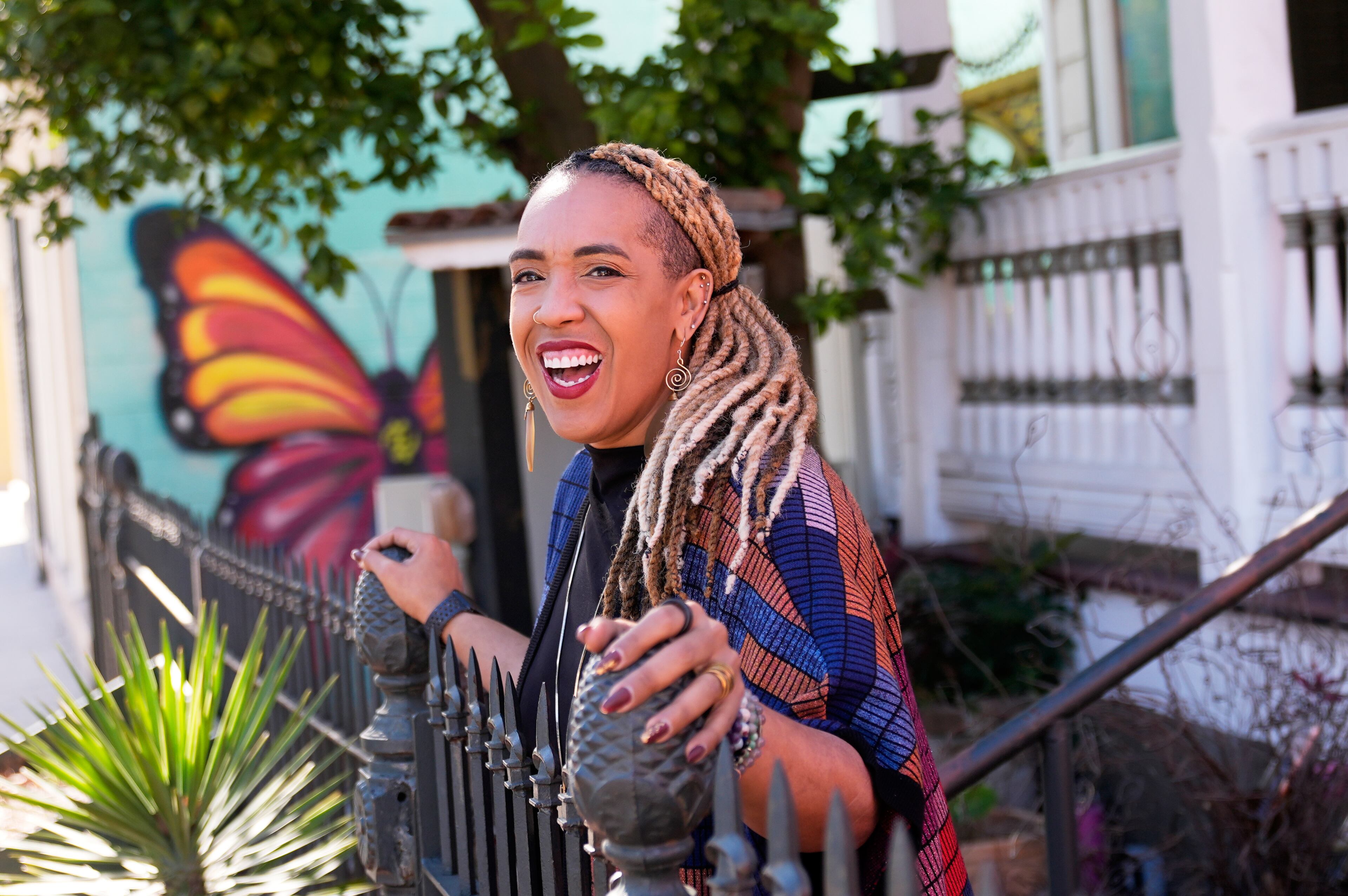Hip-hop has what schools are missing: Creative ways to enhance learning

Throughout American history, Black innovators such as Benjamin Banneker, Lewis Latimer, Madam C.J. Walker and Dr. Charles Drew helped shape scientific and industrial progress, even as the nation built systems to make such successes improbable and routinely co-opted their contributions and buried the credit when they did happen.
As such, even in the predominantly Black school district I attended growing up in Westbury, New York, my schoolmates and I had no idea the extent to which brilliant Black inventors like these had contributed to society.
That is, until rap artist KRS-One relayed the legacies of these and other historically overlooked figures in his 1989 song “You Must Learn,” delivering both a history lesson and a pointed critique of the very education system guilty of withholding these important facts in the first place.
Today, many deride how much the rap genre — and, by extension, the global music landscape it influences — has changed from when you might hear that kind of song on the radio to music less socially conscious. I’d argue much of this reflects an age-old, generational rite of passage, as there’s more creative, informative and uplifting rap music today than ever before. Still, underrepresented voices did lose an avenue for knowledge sharing when the genre became fully commercialized, something that didn’t happen when, say, Bob Dylan went electric.
The future of learning
As Georgia students return to school, what is the best way to educate them? Read two guest commentaries and tell us what you think.
Opinion: Hip-hop has what schools are missing: Creative ways to enhance learning
Opinion: Let children be bored. Gamified learning is not always a good thing.
Discussion: School is back. So is debate about tech in learning. Tell us what you think.

These debates, however, overshadow the real innovation KRS-One tapped into, one that has grown exponentially since: hip-hop as pedagogy, and it goes far deeper than how hip-hop is typically perceived.
Hip-hop, when it shows up in the classroom, is transformative. So much so that a 2024 study examining dozens of peer-reviewed studies on the subject found that hip-hop pedagogy “has shown significant advantages in improving students’ learning efficiency.”
Hip-hop pedagogy, or hip-hop-based education, took shape in the 1990s and early 2000s as educators recognized its potential to boost student engagement by incorporating the same influences driving entertainment, youth culture, fashion and advertising. Students at Howard University launched the first hip-hop academic conference in 1991, and Gloria Ladson-Billings laid the sociological foundation with her 1994 book “The Dreamkeepers: Successful Teachers of African American Children,” introducing “culturally sustaining pedagogy,” a framework that “empowers students intellectually, socially, emotionally, and politically by using cultural referents to impart knowledge, skills, and attitudes.”
These efforts paved the way for continued scholarship, including Marc Lamont Hill’s 2009 book “Beats, Rhymes, and Classroom Life: Hip-Hop Pedagogy and the Politics of Identity” and dozens of publications since.
What this evolved into is as varied and creative as hip-hop culture itself. One acclaimed program, “Science Genius,” teams rappers with teachers, helping students write and perform songs based on what they’re studying, encouraging subject mastery while also building transferable life skills like presentation, presence and confidence.
In her 2024 book, “Teaching With Hip Hop in the 7–12 Grade Classroom,” Lauren Leigh Kelly outlines actionable lessons for educators, with chapters on building classroom community, exploring metaphor and allegory, and connecting history, geography, and culture, all through hip-hop references.
These ideas extend beyond the classroom. School counselors like Ian Levy turn offices into recording studios, giving young people creative space to address previously suppressed trauma in ways traditional methods often fail to achieve.
Outside school walls, a groundbreaking workshop called Breakbeat Code teaches computer programming through beat-making, with teenage students coding in Python, not using drag-and-drop tools, to build music tracks.
Meanwhile, hip-hop’s presence in higher education is already well established and continues to grow, with recent additions like a new minor program at Howard and the expanding Hip-Hop Studies Consortium at Georgia State University.
On my podcast and in my book, I’ve explored dozens of similar examples that make education more relatable, fun, effective, and in nearly every case, more fulfilling for both student and teacher.
Importantly, these efforts have helped circumvent and counteract long-standing systemic inequities facing communities of color in particular. Yet in today’s political climate, where culturally responsive curricula and forward-thinking programs are being targeted by nationalist agendas, these innovations are increasingly under threat.
It is exactly why they are needed now more than ever.
First for those historically targeted communities but also for the millions of students across all demographics still underserved by an inadequate public education system.
Hip-hop-based education works for every student, not only because it uplifts the marginalized but because it taps into something deeply human. Every young person wants to be seen. Every student, at some point, feels like an outsider. They all crave agency, expression and empowerment.
These aren’t theories. The research is in. The books are published. The conferences are happening. The graduate courses are in session. The tools exist. The receipts are there.
The only question is whether education is finally ready to do what it must.
Learn.
Michael “Manny Faces” Conforti is an award-winning journalist and cultural strategist from Douglas County exploring the intersection of hip-hop and social impact. He is the author of “Hip Hop Can Save America! Inspiration for the Nation from a Culture of Innovation,” and the founding director of The Hip Hop Institute for Social Innovation.


